A Wisconsin federal court judge ruled in favor of a recent jury decision that has Apple on the hook for $234.3 million in damages award for infringing on a computer processor patent asserted by the Wisconsin Alumni Research Foundation.
U.S. District Court Judge William M. Conley handed down his decision on Monday, agreeing with a jury's finding that Apple infringed on six claims of U.S. Patent No. 5,781,752 with its A7 and A8 system-on-chip designs. The jury turned in its decision earlier this month.
Judge Conley dismissed Apple's motions for judgment as a matter of law on liability, literal infringement claims and damages. Apple failed arguments included assertions that its A7 and A8 variants do not meet strict criteria detailed in the patent-in-suit, while another sought to avoid damages by claiming a processor must be fully operational to be capable of infringement. The latter argument stemmed from Apple's attempts to pass off blame to A-series chip manufacturer Samsung.
The jurist did not find Apple to have willfully infringed on the patent, a ruling that stymies WARF's bid to significantly enhance damages.
WARF filed its initial complaint against the A7 and A8 line of SoC and the products they powered, including the iPhone 5S, iPad Air and iPad Mini with Retina display. Apple later incorporated the A7 into iPad mini 3 models, while the A8 and A8X were deployed in the iPhone 6, 6 Plus and multiple iPad versions, all of which were added to the suit.
For its part, Apple denies infringing on the mobile processor design, a novel IP aimed at boosting power efficiency and performance through branch predictor circuits. The iPhone maker previously petitioned the U.S. Patent and Trademark Office to invalidate WARF's patent, but the attempt was rejected earlier this year.
Monday's ruling is another win for WARF, which has successfully leveraged the '752 patent against big-name tech companies like Intel. In fact, WARF sought to incorporate Intel's prior settlement as an "established royalty" to calculate damages, but the motion was ultimately rejected. As the University of Wisconsin's non-profit patent management body, WARF is responsible for licensing inventions developed at the institution, with monetary gains funding future research.
In September, WARF lodged a second lawsuit against Apple over the company's latest A9 and A9X SoCs, chips currently powering the iPhone 6s, 6s Plus and upcoming iPad Pro.
 Mikey Campbell
Mikey Campbell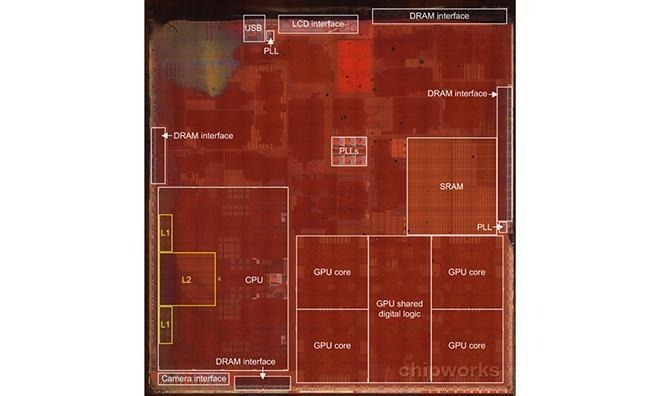


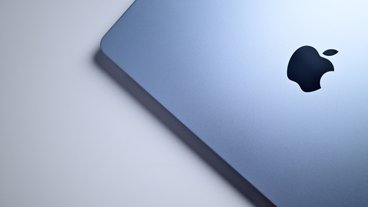




-m.jpg)




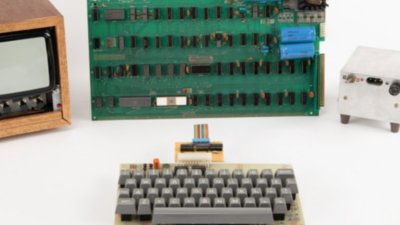
 Amber Neely
Amber Neely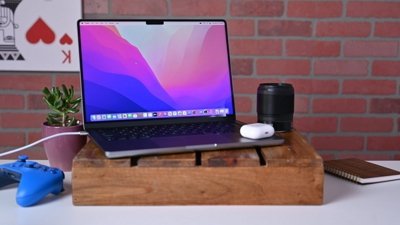
 Malcolm Owen
Malcolm Owen

 William Gallagher
William Gallagher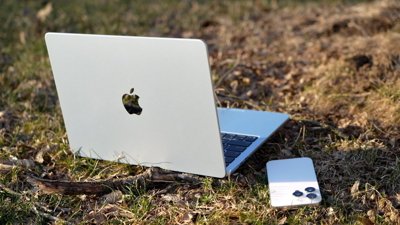
 Andrew O'Hara
Andrew O'Hara
 William Gallagher and Mike Wuerthele
William Gallagher and Mike Wuerthele

 Mike Wuerthele
Mike Wuerthele






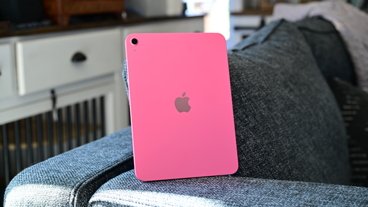
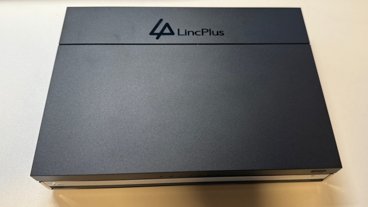

32 Comments
It seems that the vast majority of lower court patent judgements against Apple get overturned on appeal when actual (hopefully well-educated and intelligent) judges are making the decisions instead of a jury of laymen who can barely spell patent and probably dozed off during hours of technical explanations that didn't mean a thing to them. Does anyone with legal/technical experience have an idea on the chances of this being overturned on appeal as well? Is it really a clear cut case of infringement on a valid patent?
It seems that the vast majority of lower court patent judgements against Apple get overturned on appeal when actual (hopefully well-educated and intelligent) judges are making the decisions instead of a jury of laymen who can barely spell patent and probably dozed off during hours of technical explanations that didn't mean a thing to them.
Does anyone with legal/technical experience have an idea on the chances of this being overturned on appeal as well? Is it really a clear cut case of infringement on a valid patent?
Apple has already shot themselves in the foot with this one since they called for a review of the patent and it was upheld. Unfortunately the way patents are these days it opens the door to abuse, and I have no doubt that Apple developed this without reference or knowledge of the patent they apparently infringed on -- but that is no defense under current law (going back 100s of years). It is a short-term monetary hit which is not that large of a hit in reality for them. They might have another payment if appeals do not overturn it due to the upcoming processors.... but if I read it right this patent expires in December 26, 2016.... just over a year away...... so it can only really affect them going forward for just over another year.
Apple is totally screwed, but it seems Universities have now become Patent Trolls. What a shame, There are other universities like Berkeley or MIT who have generously given away there technical innovation as Education Licenses. Wisconsin cannot even match the caliber of MIT or Berkeley, yet they are profiting from work done in there campus which should just profit everyone in the Industry.
They change the court process for patents and route ALL patent disputes to a federal patent court. The jury would be made up of peers (those with a solid scientific background) and the jury would be paid the equivalent of a reasonable hourly consulting fee (since the pool is less).
Apple has already shot themselves in the foot with this one since they called for a review of the patent and it was upheld. Unfortunately the way patents are these days it opens the door to abuse, and I have no doubt that Apple developed this without reference or knowledge of the patent they apparently infringed on -- but that is no defense under current law (going back 100s of years). It is a short-term monetary hit which is not that large of a hit in reality for them. They might have another payment if appeals do not overturn it due to the upcoming processors.... but if I read it right this patent expires in December 26, 2016.... just over a year away...... so it can only really affect them going forward for just over another year.
When Samsung asked for a review they always got it so what did Apple do wrong or perhaps they should ask for the review anonymously?